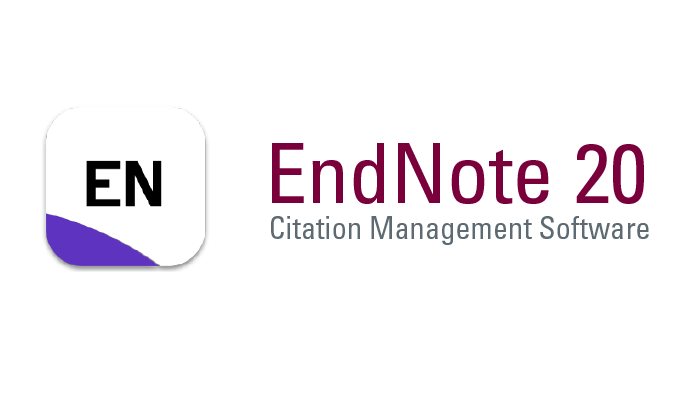PENERAPAN METODE IMLA’ AL-IKHTIBARI DALAM MENINGKATKAN KOMPETENSI MENULIS BAHASA ARAB PADA SISWA KELAS X DAYAH ERPADU AL-MUSLIMUN
DOI:
https://doi.org/10.47887/amd.v3i2.102Keywords:
Imla 'Al-Ikhtibari Method, Arabic Writing CompetenceAbstract
The researcher chose this title because it was motivated by students who were lazy in writing Arabic in the Imla' lesson. This paper is entitled "Application of the Imla 'Al-Ikhtibari Method in Improving Arabic Writing Competence in Class X Students of Integrated Dayah Almuslimun". The purpose of this study was to find out how the application of the method applied in writing competence in Arabic for Class X Integrated Dayah Almuslimun students. The research method used by the researcher is quantitative research with experimental type, and uses pretest and posttest. The population in this study were all students of class X Integrated Dayah Almuslimun, the sampling technique used was non-probability sampling with total sampling technique. The sampling technique used in this study is total sampling. The test results show that the pretest and posttest data collection function is to determine the students' initial and final abilities towards the material associated with their learning outcomes. The average value for the pretest = 60.13 while the posttest is 84.74 the standard deviation of the pretest is 6.827 while the post-test is 7.066. So it can be concluded that this study is in a good category by looking at the difference in results from before and after treatment. Thus, the application of the imla' al-ikhtibari method in improving Arabic writing competence in class X Dayah Terpadu Almuslimun students helps students improve their writing skills in Arabic.
References
Andriani, Asna, (2015), Urgensi Pembelajaran Bahasa Arab dalam Pendidikan Islam. Jurnal Ta’allum, IAIN Tulungagung. Volume 03 Nomor 01 Juni
Bisri Mustofa dan Abdul Hamid, Metode dan Strategi Pembelajaran Bahasa Arab, UIN-Maliki Press.
Hanafy, Muh.Sain, (2014), Konsep Belajar dan Pembelajaran. Jurnal Lentera Pendidikan, UIN Alauddin Makasar. Volume 17 Nomor 1 Juni.
Hidayat, Nandang Sarip, (2012), Problematika Pembelajaran Bahasa Arab. Jurnal Pemikiran Islam, UIN Suka Riau. Volume 37 Nomor 1 Januari-Juni.
Imam Asrori, dkk, (2014). Evaluasi Pembelajaran Bahasa Arab. Malang.
Kesumawati, Nila, Marga, Allen Retta, dan Sari Novita, (2018), Pengantar Statistik Penelitian, Depok: Raja Grafindo Persada.
Kuraedah, Sitti, Aplikasi Maharah Kitabah dalam Pembelajaran Bahasa Arab, Jurnal Al-Ta’dib, IAIN Kendari. No 2 Vol 8 Juli-Desember
Munjiah, Ma’rifatul, (2009), Imla’ Teori dan Terapan, Malang: UIN Press.
Nurbayan, (2008). Metodelogi Pembelajaran Bahasa Arab, Bandung: Zein Al Bayan.
Ridlo, Ubaid, (2010), Bahasa Arab dalam Pusaran Arus Globalisasi: Antara Pesismisme dan Optimism, Jurnal Pendidikan, IAIN Syarifuddin Hidayatullah Jakarta, volume 1 Nomor 2 Juni-Desember.
Ridwan, (2011), Dasar-dasar Statistik, Bandung: Alfabeta.
Rosyidi, Abdul Wahab dan Mamlu’atul ni’mah, (2012), Memahami Konsep Dasar Pembelajaran Bahasa Arab, Malang: UIN Maliki press.
Sugiono, (2015), Metode Penelitian Pendekatan Kualitatif, Kuantitatif dan R & D Bandung: Alfabet.
Sugiyono, (2016). Metode Penelitian Kuantitatif Kualitatif dan R & D, Bandung: Alfabeta.
Syaiful Mustofa, (2011). Strategi Pembelajaran Bahasa Arab Inovatif, UIN Maliki Press.
Taufiq, (2001), Pembelajaran Bahasa Arab MI (Metode Aplikatif dan Inovatif Berbasis ICT), Surabaya: PMN.
Downloads
Published
How to Cite
Issue
Section
License
Copyright (c) 2022 Azizah Azizah

This work is licensed under a Creative Commons Attribution-ShareAlike 4.0 International License.
Authors retain copyright and grant the journal right of first publication and this work is licensed under a Creative Commons Attribution-ShareAlike 4.0 that allows others to share the work with an acknowledgement of the works authorship and initial publication in this journal.
All articles in this journal may be disseminated by listing valid sources and the title of the article should not be omitted. The content of the article is liable to the author.
Authors are able to enter into separate, additional contractual arrangements for the non-exclusive distribution of the journal's published version of the work (e.g., post it to an institutional repository or publish it in a book), with an acknowledgment of its initial publication in this journal.
Authors are permitted and encouraged to post their work online (e.g., in institutional repositories or on their website) prior to and during the submission process, as it can lead to productive exchanges, as well as earlier and greater citation of published work.
In the dissemination of articles by the author must declare the Al-Madaris Jurnal Pendidikan dan Studi Keislaman as the first party to publish the article.














